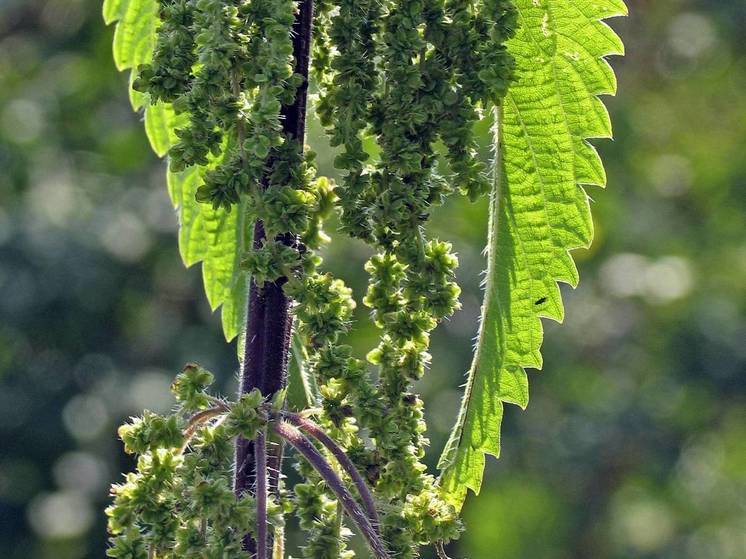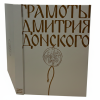The nettle season began in mid-May
In the summer, many may encounter this plant, which causes burning and itching. Fortunately, this nettle-related illness goes away on its own within minutes to an hour. But things could be much worse for people who live in Australia.

«Pain like burning acid and electric shock at the same time.» ;, — says a researcher who experienced the effects of nettles growing in Australia.
Residents of the continent may get burned by what researcher Marina Hurley called “hell nettles.” She described a particular species of nettle on the website of the University of Agder.
Australian scientist Marina Hurley herself had close contact with this species of nettle. On the continent this plant is called «gimpy-gimpy».
“I described it as the worst pain you can imagine. It’s like getting burned by hot acid and getting an electric shock at the same time,” — recalls the researcher.
Hurley was also burned by another type of nettle that grows in Australia. It felt like she was stung by 30 wasps at once, she explains. Still, she said, it wasn't as bad as feeling like a gimpy-gimpy was being burned alive.
Other researchers initially describe it as a searing pain. Then there is a feeling that the part of the body that the plant touched is trapped in a slammed door.
“As soon as you touch the leaf, pain occurs. Over the next half hour it gets stronger and stronger. Nettle is as poisonous as a spider,” — experts indicate.
The answer lies in the burning hairs of the plant. They look like fluff on the top of the leaves. They contain a poison that is different from that in ordinary nettles.
“Scorpions also have a similar poison,” say three other Australian researchers. — A light touch is enough to feel the intense pain of “gimpy-gimpy.”
After touching, the burned hair breaks and becomes very sharp, like a needle, and pierces directly into the skin, and poison flows out of it. The burn hairs themselves can remain on the skin for up to six months. They may then sting when the area is touched or washed with cold or hot water.
«Even old, dried plants can sting,— concludes Hurley. — The effect of the poison does not stop for a long time.”























































Свежие комментарии